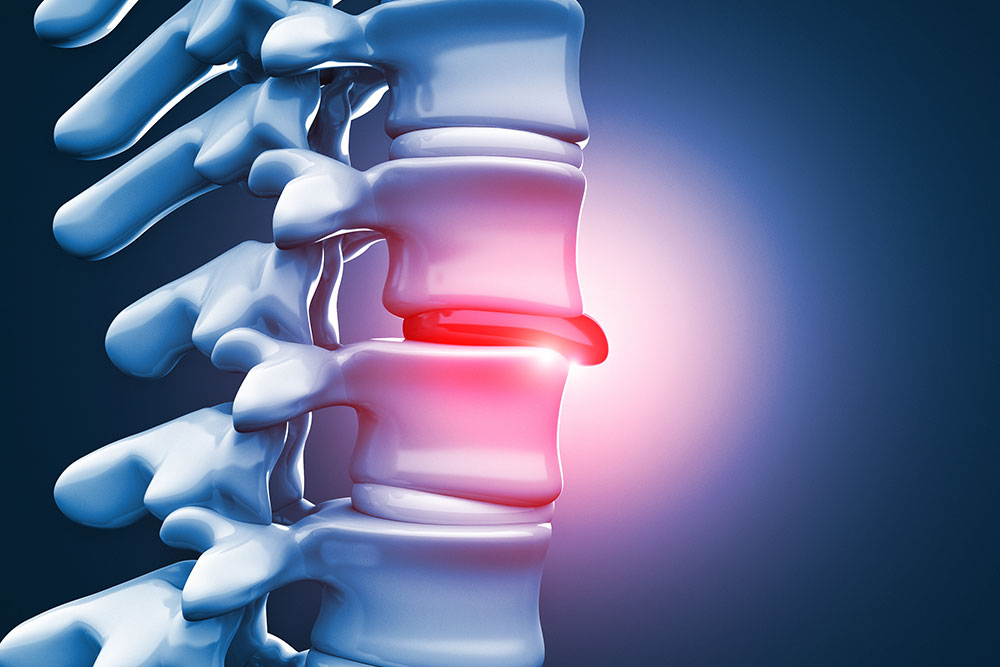
What Is Lumbar Disc Herniation
Lumbar disc herniation is a common problem that affects the intervertebral discs, the shock absorbers located between the vertebrae of the spinal column. This condition occurs when the nucleus pulposus, the soft center of the disc, bulges or ruptures through the outer ring, called the annulus fibrosus. A herniated lumbar disc can put pressure on a nerve root, causing low back pain, leg pain and muscle weakness.
In most cases, a healthcare provider will diagnose a herniated disc with a physical examination and a complete medical history. They may also order imaging tests, such as a CT scan, MRI scan, or CT myelography, to confirm the diagnosis and assess the extent of the herniation.
Conservative, nonsurgical treatments are often the initial treatment for a herniated lumbar disc. These may include pain medication, nonsteroidal anti-inflammatory drugs, muscle relaxants and epidural steroid injections. Physical therapy and regular exercise can also help strengthen the muscles supporting the spine, relieve pain and improve mobility.
If non-surgical treatment is ineffective or if the herniated disc is causing nerve damage, surgical intervention may be recommended. Emergency surgery may be necessary if the patient is experiencing cauda equina syndrome, a rare but serious condition caused by severe compression of the spinal nerves. Surgical options may include discectomy, in which the displaced disc material is removed, or spinal fusion, which involves the insertion of bone grafts to stabilize the spine.
To prevent herniated lumbar discs or other spinal injuries, individuals should avoid heavy lifting, maintain good posture, and engage in regular exercise. Short walks and stretches can also help alleviate pain and discomfort. Over-the-counter pain relievers and spinal injections may be helpful in managing pain.
Lumbar disc herniation is a painful condition that can affect any part of your spine. If you are experiencing low back pain, leg pain or muscle weakness, it is important to seek medical attention and follow the advice of your healthcare provider. For more information regarding lumbar disc herniation please contact us at 973-971-3500.